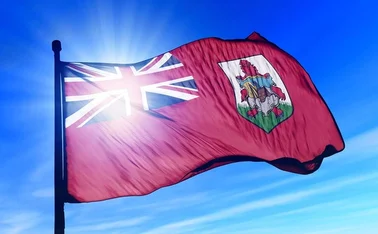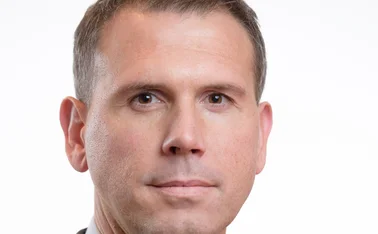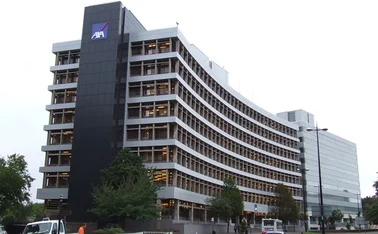
The luck of the Irish
Belfast is a city that many have associated in the past with political unrest, violence and instability. Now that the tables have turned, the city has come alive with investors and businesses considering their next move. Martin Friel reports on how its insurance market has got back on its feet
For decades, the city of Belfast has been synonymous with violence, strife and disruption but it was not always like this. In common with many of the UK's great cities, Belfast came to prominence in the industrial boom of the 18th and 19th Centuries, through linen and rope production, the tobacco trade, heavy engineering, and, most famously of all, shipbuilding.
However, this thriving economy did not last, and by the 1960s Belfast had slipped into serious economic decline as the industries that
Only users who have a paid subscription or are part of a corporate subscription are able to print or copy content.
To access these options, along with all other subscription benefits, please contact info@insuranceage.co.uk or view our subscription options here: https://subscriptions.insuranceage.co.uk/subscribe
You are currently unable to print this content. Please contact info@insuranceage.co.uk to find out more.
You are currently unable to copy this content. Please contact info@insuranceage.co.uk to find out more.
Copyright Infopro Digital Limited. All rights reserved.
As outlined in our terms and conditions, https://www.infopro-digital.com/terms-and-conditions/subscriptions/ (point 2.4), printing is limited to a single copy.
If you would like to purchase additional rights please email info@insuranceage.co.uk
Copyright Infopro Digital Limited. All rights reserved.
You may share this content using our article tools. As outlined in our terms and conditions, https://www.infopro-digital.com/terms-and-conditions/subscriptions/ (clause 2.4), an Authorised User may only make one copy of the materials for their own personal use. You must also comply with the restrictions in clause 2.5.
If you would like to purchase additional rights please email info@insuranceage.co.uk







